African catfish originated from Africa and it is a freshwater fish species. It is very suitable for commercial and small scale farming.
African catfish can be cultivated easily in small sized pond ,hole or in a reservoir. They generally live in pond and plunge.
They live in the lower level of water. This catfish is also known as some other name like magur, african magur, cannibalistic magur etc.
Physical characteristics, classification, feed habit, breeding, diseases and nutritive value of this catfish are described below.
Classification of African Catfish
Scientific classification of the catfish are listed below.
- Kingdom : Animalia
- Phylum : Chordata
- Class : Actinopterygii
- Order : Siluriormes
- Family : Clariidae
- Genus : Clarias
- Species : C. gariepinus
- Scientific Name : Clarias gariepinus
Physical Characteristics of African Catfish
- Body of this catfish is long and thick.
- There is no scales in their body.
- Head is skate.
- Mouth is wide and crescent-shaped.
- Mustache in front of their head.
- Front side of their body is about globular.
- Both side of rest is wide.
- Body of this catfish is gray colored.
- Caudal fin is globular.
- Dorsal fin and anal fin are long.
- They has extra lungs.
Feeding
This catfish is omnivorous. Innards of dead animal is their main feed. They generally eat all types of feed. Insects, aquatic weeds, aquatic insects, small fish, snail etc are their favorite feed.
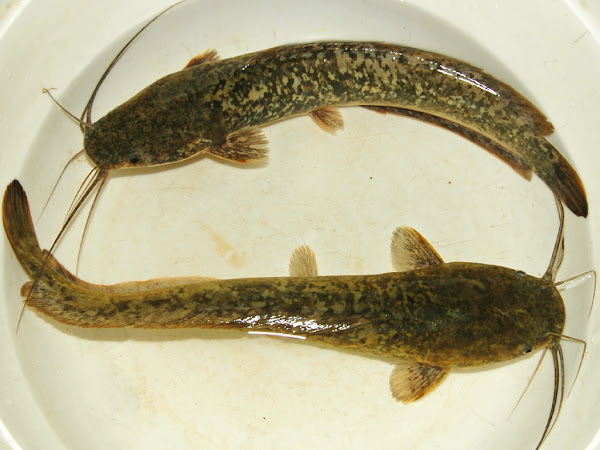
They also expert to eat supplementary feed. The African catfish will grow very fast if it served supplementary feed containing 40% blood of animal, wheat chaff 20%, rich dust 20% and mustard cake 20%.
For successful commercial catfish farming it requires 30-40% animal protein.
Breeding
This catfishes become suitable for reproduction within one year of age.
Diseases
This catfish species generally don’t affected by any diseases. Their disease resistance power is very high. But if the quality of water get damaged then they may suffers by many diseases.
Nutritive Value
Nutritive value of African catfish are listed below.
| Nutrition | Nutritive Element (Per 100g fish) |
| Protein | 32g |
| Fat | 1g |
| Calcium | 172mg |
| Phosphorus | 300mg |
Frequently Asked Questions
People ask many questions about mustard farming. Here we are trying to list the most common questions about mustard farming business, and trying to answer them. Hope you will find your answer. Don’t hesitate to ask us if you have more questions.
Is African catfish farming profitable?
Yes, African catfish farming is a very profitable business if you have good marketing facilities. You can make good profits from this business.
How to start African catfish farming business?
Starting a profitable African catfish farming business is very easy and simple. You can easily start this business for making money. First of all, select a very good location, make a good pond, prepare the pond, stock small fish in the pond, feed the fish with good quality food and take good care of them.
Are African catfish edible?
Yes, sure! These fish are very tasty and they have very good demand in the market.
Who introduced African catfish in India?
The African catfish were introduced in India from Bangladesh. In India, these fish are highly available in West Bengal, Assam, Andhra Pradesh, Kerala and Tamil Nadu.
Is African catfish a fresh water fish?
Yes, African catfish is a fresh water fish. It is found in lakes, ponds and pools.
What is the scientific name of African catfish?
The scientific name of African catfish is Clarias gariepinus.
Is African catfish healthy?
Yes, this fish is very healthy. It is low in calories and packed with lean protein, vitamins, healthy fats and minerals.
How big can African catfish grow?
The African catfish can grow around or up to 20 kg.
How long do African catfish live?
Average lifespan of these catfish is around or up to 8 years.
Is African catfish carnivorous?
Yes, the African catfish (Clarias gariepinus) is carnivorous and cannibalistic even during the larval and juvenile stages.
How long does African catfish take to grow?
The African catfish grow relatively faster. They take between 90 to 120 days to reach 1 kg.
How many times a day do you feed catfish?
You have to feed your catfish at least once a day.

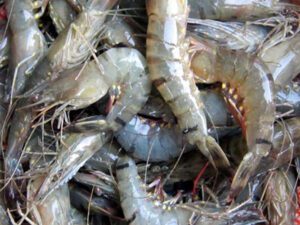
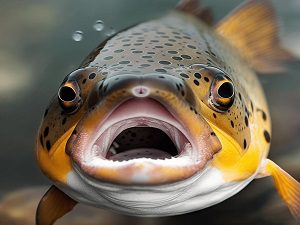
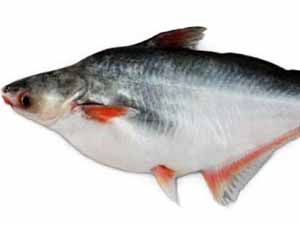
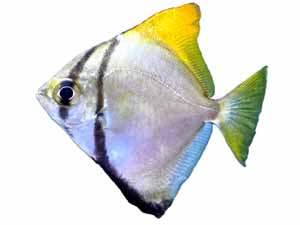
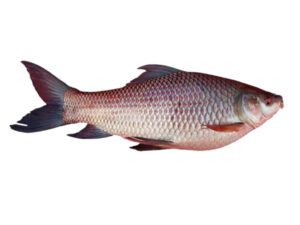
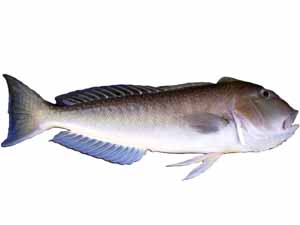
TANX 4 UR HARDWORK.
Well done, good job
Proud of you. More information on this topic would be useful.